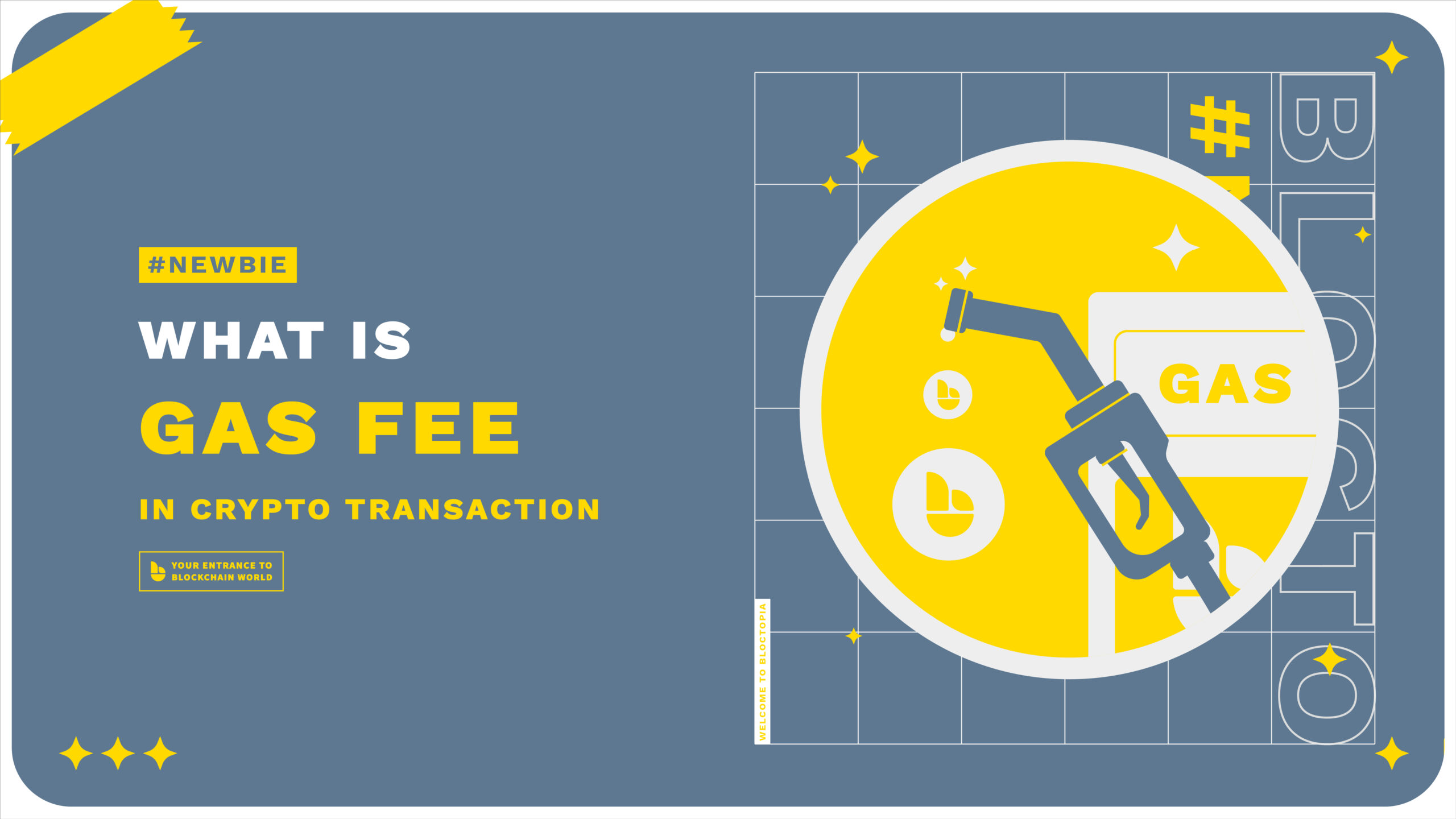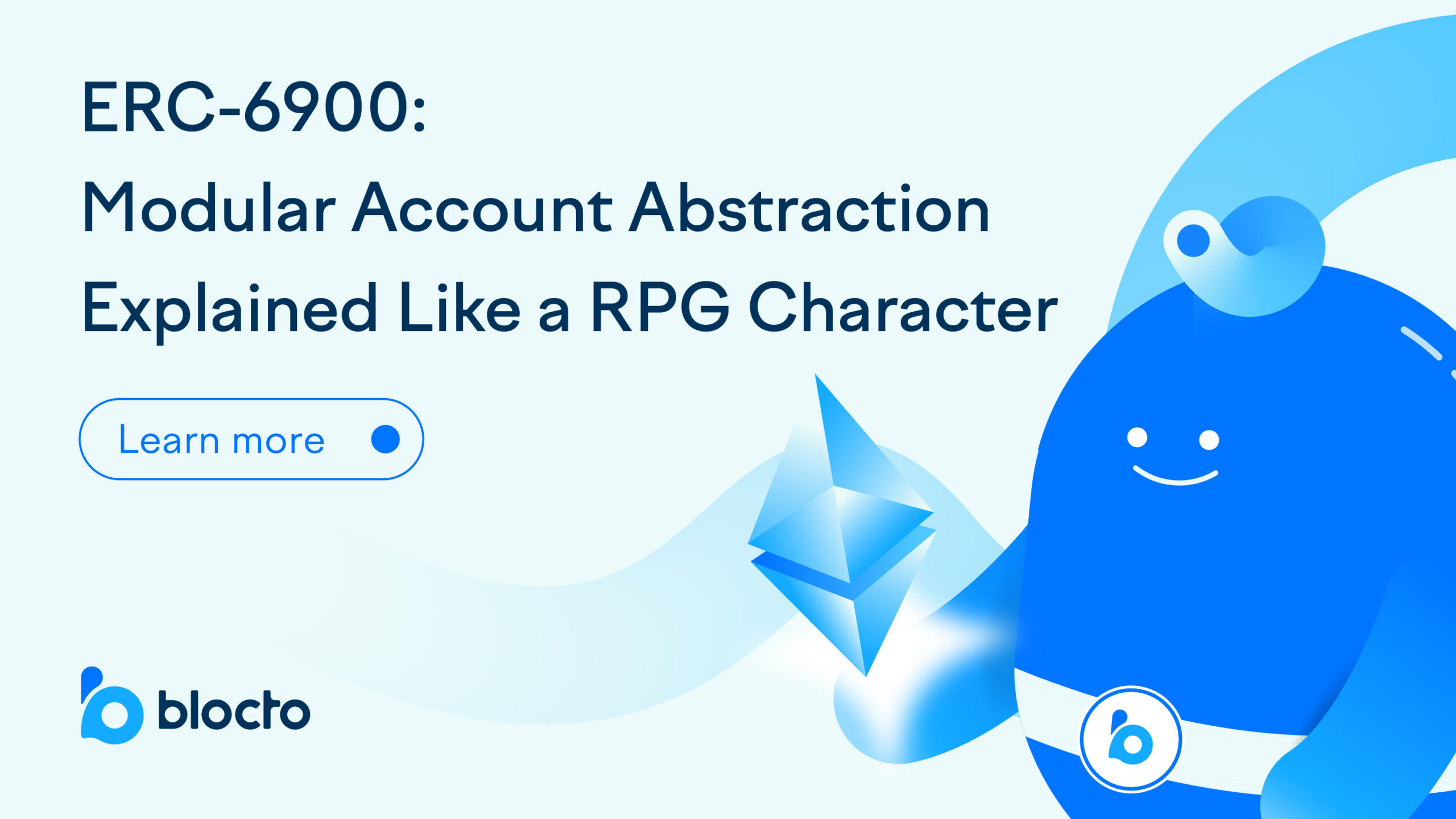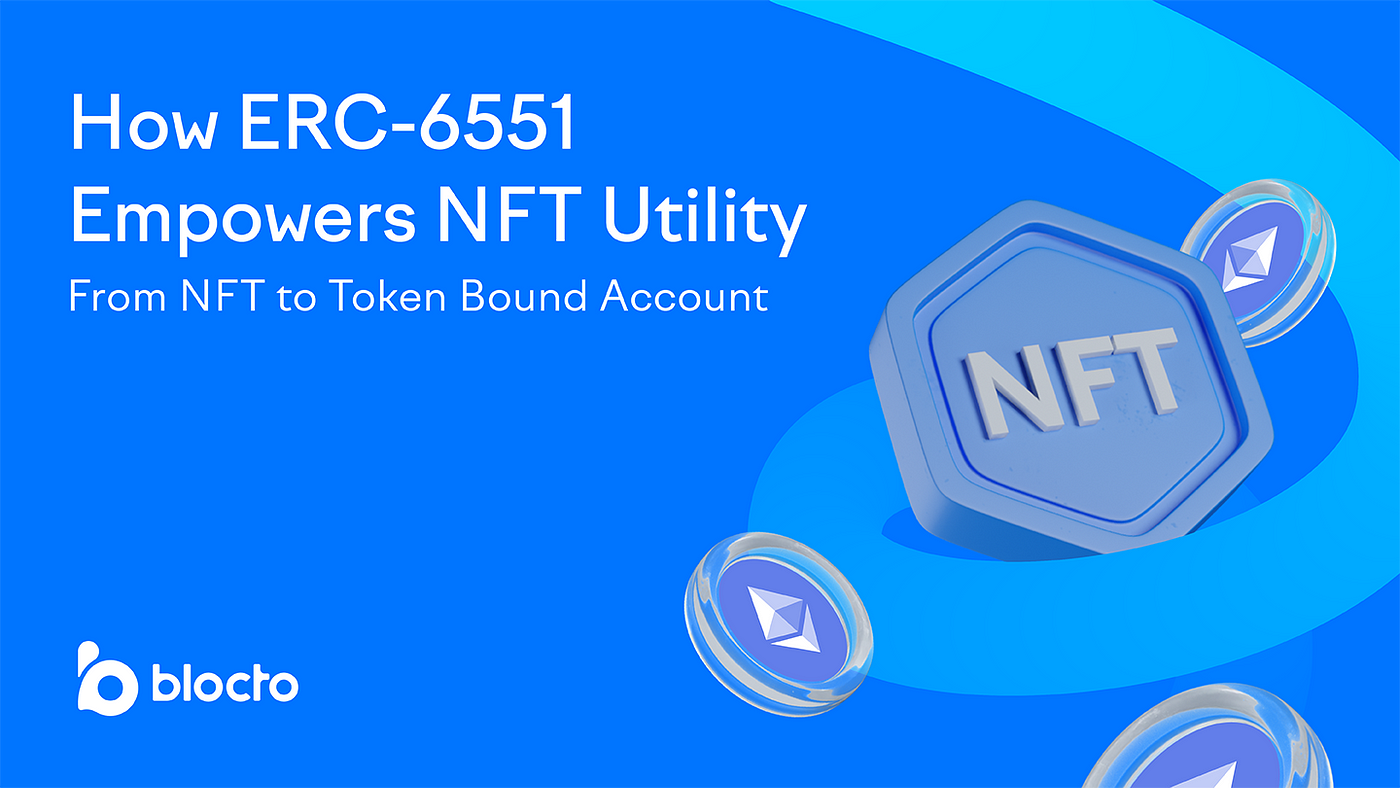
Having trouble proceeding with your crypto transactions? Try Blocto points!
Welcome to Bloctopia!
2022 is the year for NFTs to go mainstream. Public interest in digital assets surges following NFT releases of leading media brands and entertainment IPs in 2021. If you are an NBA fan, you have probably heard of NBA Top Shot, one of the hottest NFT collectibles created by the National Basketball Association and Dapper Labs. But did you know Blocto is the only Flow-based wallet that supports NBA Top Shot, and you could buy the officially licensed card packs with Blocto?
Blocto not only enables you to purchase official NBA card packs but also provides a secondary marketplace for you to buy single collectible NBA moments of your favorite players. Before you try it out, you may need to have some Blocto points in your wallet first. So why do I need Blocto points in addition to the payment? Actually, Blocto points are a sort of gas fee that enables your crypto transaction. So what IS gas fee, and how does it work?
What is gas fee?
Whenever you make a transaction on the Web2 internet (the current version of the internet we are all familiar with), an online bank charges you a transaction fee. However, in tokenomics, you pay small rewards to whoever contributes the computational power to verify your crypto transactions. The people who help to pack your transaction data on the block are dubbed by the crypto community “validators” or “crypto miners”. “Gas fee” refers to the small amount of rewarding crypto you pay to express your gratitude to the people who help to record transaction data on the peer-to-peer blockchain network so that the data won’t be manipulated or altered by an entity.
Why is gas fee so high?
Since the exact price of a transaction is determined by supply and demand on the market, the gas fee is not a set fee and is highly dynamic in nature. It fluctuates with the volume of transactions happening on a blockchain at a given point in time.
Besides the real-time trading volume, another factor that affects the gas fee is the blockchain’s fee formula. The total cost could be really high for a blockchain with a variable gas fee formula like Ethereum’s, which calculates a base fee determined by its huge real-time trading volume and a tip made to have the miners prioritize and complete a transaction faster.
How to calculate gas fee?
To find the best quoted gas price for a trade, blockchain users could go to gas fee tracker or gas fee calculator websites. For instance, Ethereum users could go to Etherscan for the latest information on the gas fees on cryptocurrency exchanges and NFT marketplaces. Ethereum matrix calculates the gas fee in gigawei (gwei): 1 ETH is equal to 1 quintillion wei (a number with 18 zeros after it) and 1 gigawei (gwei) is equal to 1 billion “wei.” The users may use the Ethereum gas fee formula to estimate the amount of gas needed for a transaction:
Total Fee = Gas limit (units) * (Base fee + Tip)
Gas limit refers to the maximum amount of gas units (gwei) a user is willing to pay for a crypto transaction, while base fee refers to the minimum price of each gas unit miners are willing to take to help pack your data, which is determined by the real-time on-chain trading volume. To reduce the gas fee for a transaction, the user could deploy strategies such as setting the gas price as close as (but not lower than) the base fee, reducing the tip if the transaction is not time-sensitive, and making transactions at a time when fewer people are using the blockchain. Some crypto exchanges and NFT marketplaces have special gas discounts for transactions, which should also be taken into consideration.
Finding the best gas price for a transaction is no biggie for seasoned blockchain users. But, non-crypto natives may find it challenging since NFT marketplaces and crypto exchanges on Ethereum, Flow, TRON, and the other major blockchains may charge different cryptos to execute on-chain requests. For crypto-curious noobs, differentiating the tokens charged by various blockchain networks is already perplexing, let alone the complexities of calculating the gas fees on multiple blockchains.
Blocto points facilitate your crypto transactions
Devoted to creating an all-in-one gas fee solution, here we present the Blocto points system! Built on blockchain smart contracts, this all-in-one points system allows you to pay the gas charged by any blockchain with Blocto points. Whenever you trade on ANY blockchain, Blocto subsidizes the fee for you! All you need to pay back to the Blocto team are Blocto points—an all-in-one substitute for transaction fee! In the future, Blocto’s governance token BLTs will be replacing Blocto points to enhance a more coherent trading experience.
Free Blocto points are provided to our users to facilitate their blockchain expedition. 1000 Blocto points are automatically rewarded to your account when you sign up for Blocto. What’s more, you could acquire additional free points by completing a reading quest on our homepage. You could also directly purchase Blocto points using Apple/Google in-app purchase with Touch ID or Face ID verification!
Blocto points system eliminates the need to struggle with different cryptocurrencies every time you interact with Dapps across blockchains. Add Blocto points to your balance, and start your new on-chain trading experience!
Let Blocto pay for your gas fee!

